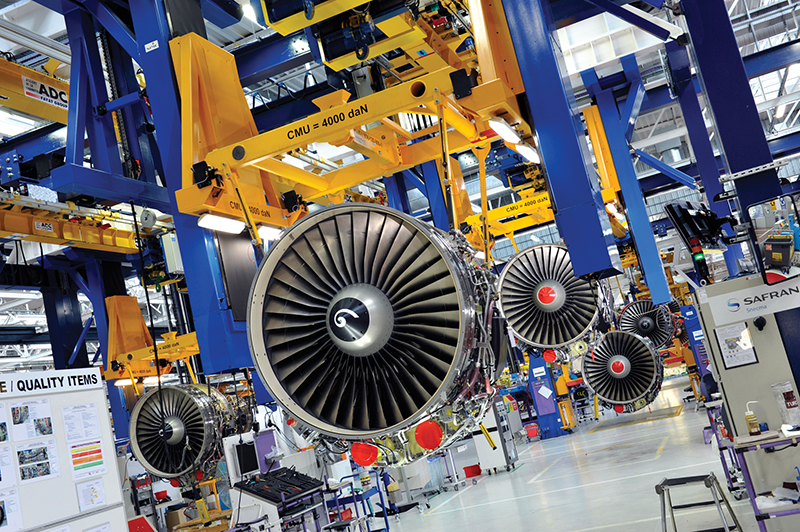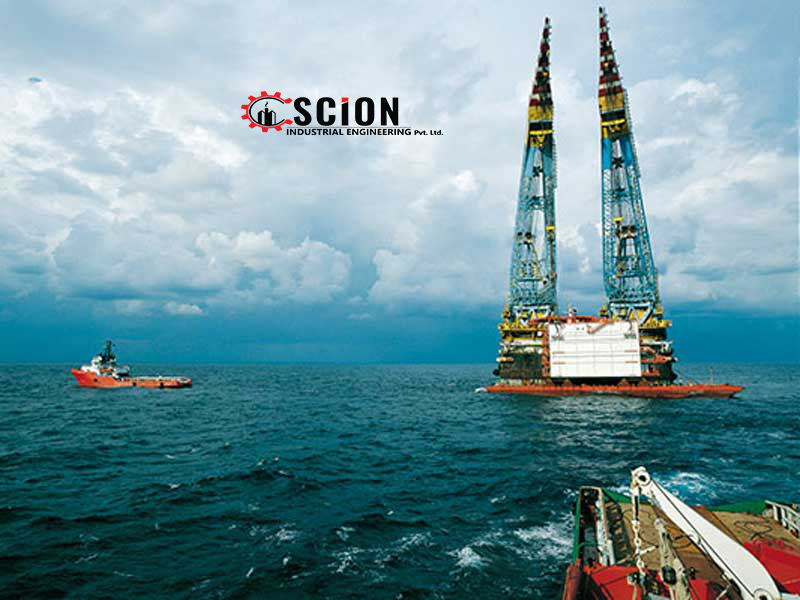EIG Global Energy Partners will lead a yet-unnamed consortium to issue billions of dollars in bonds across two or three transactions to replace bank debt backing an investment in Saudi Aramco’s oil pipeline assets, two sources said.
The Washington, D.C.-based firm’s consortium will issue bonds to replace $10.5 billion in so-called staple financing that was arranged by Aramco for potential suitors to take the 49 per cent stake, the sources said.
The $12.4 billion deal, announced last Friday, gives the EIG-led group a stake in Aramco Oil Pipelines, which has the rights to 25 years of tariff payments for oil transported through Aramco’s oil pipeline network that traverses the world’s largest crude exporter.
The staple financing backing the deal had a five-year maturity and one-year extension option, the sources said.
EIG will replace the full amount with long-tenor bonds across two or three bond deals, they said.
The first bond issuance will likely be in the first quarter of next year and the entire refinancing will be done within two years, the sources said.
The equity portion of the $12.4 billion deal was $1.9 billion and the rest was the staple financing, one of the sources said.
EIG is in talks to sell part of the equity portion to investors including Abu Dhabi state fund Mubadala, Chinese investors, pension funds in Saudi Arabia and the UAE, as well as a small piece to U.S. pension funds, the source added.
Mubadala has said it is looking at the deal.
EIG is a Washington, D.C.-based investment firm that has invested more than $34 billion in energy and energy infrastructure projects around the world.
EIG has not commented beyond its statement last week that said the transaction is expected to close soon, subject to customary closing conditions, including any required merger control and related regulatory approvals.
Aramco declined to comment.
HSBC was EIG’s financial adviser and Latham & Watkins was legal adviser, the statement said.
EIG has invested in a gas pipeline project with LNG producer Cheniere Energy, in oil and gas producer Aethon Energy and last year took a majority stake in Limetree Bay Ventures, an oil refinery and terminal in the Caribbean.
The Aramco pipeline deal closely mirrors infrastructure deals signed over the last two years by Abu Dhabi National Oil Co (ADNOC), which raised billions of dollars through sale-and- leaseback deals of its oil and gas pipeline assets.
A consortium that took a stake in ADNOC’s gas pipelines similarly refinanced bank debt with bonds across two transactions in October and February.
Source:https://energy.economictimes.indiatimes.com/news/oil-and-gas/aramco-pipeline-investors-to-refinance-loan-with-bonds-next-year-sources/82087535







